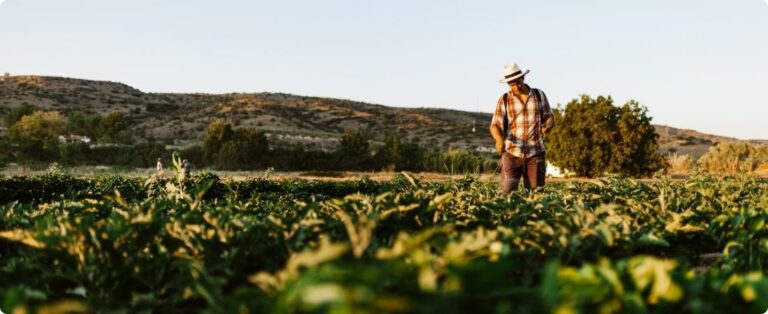The Brazilian Agriculture and Livestock Confederation (CNA) defended, on Tuesday (12), the construction of a positive agenda for the generation of energy in agriculture from renewable sources, such as forest and sugarcane biomass, in addition to wind and solar energy.
The topic was discussed at a meeting in Brasília between the president of the National Forestry and Agroforestry Commission of the CNA, Walter Resende, and technical advisor Maciel Silva, with the secretary of Planning and Energy Development of the Ministry of Mines and Energy, Reive Barros.
“One of the issues was energy auctions. There is huge potential for forest biomass and sugarcane, but participation in these auctions is still minimal. We proposed to the government that some adjustments be made in the long term so that we can increase the participation of these sources,” reported technical advisor Maciel Silva.
“We want to improve the quality of the energy that reaches rural producers to reduce the peaks of oscillation through the generation of their own energy. We also advocate that they be able to generate energy to sell and have alternative sources of income,” he added.
Source: agrolink | Author: CNA – BRAZILIAN AGRICULTURE AND LIVESTOCK CONFEDERATION















